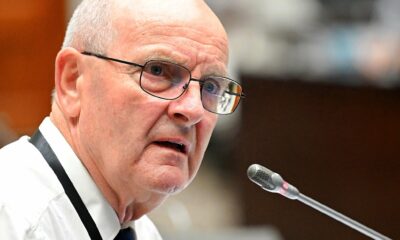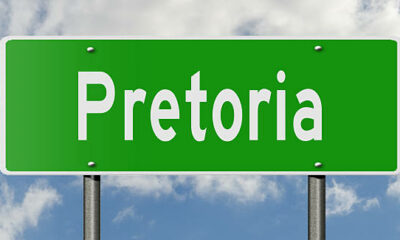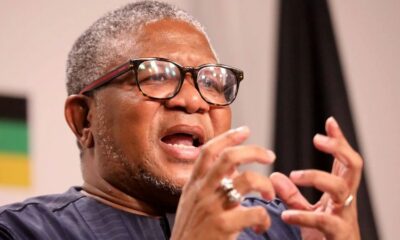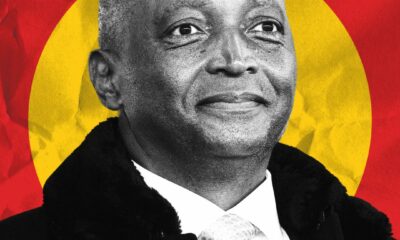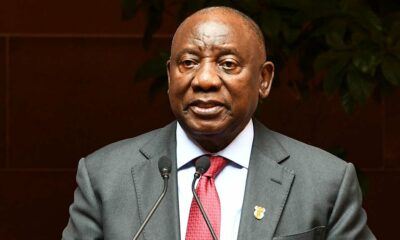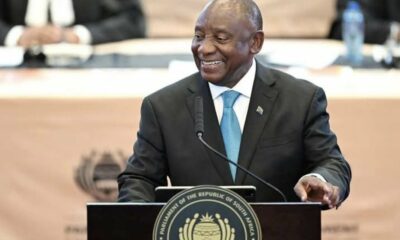News
Groundhog Day Politics: Why the ANC’s Renewal Talk No Longer Resonates
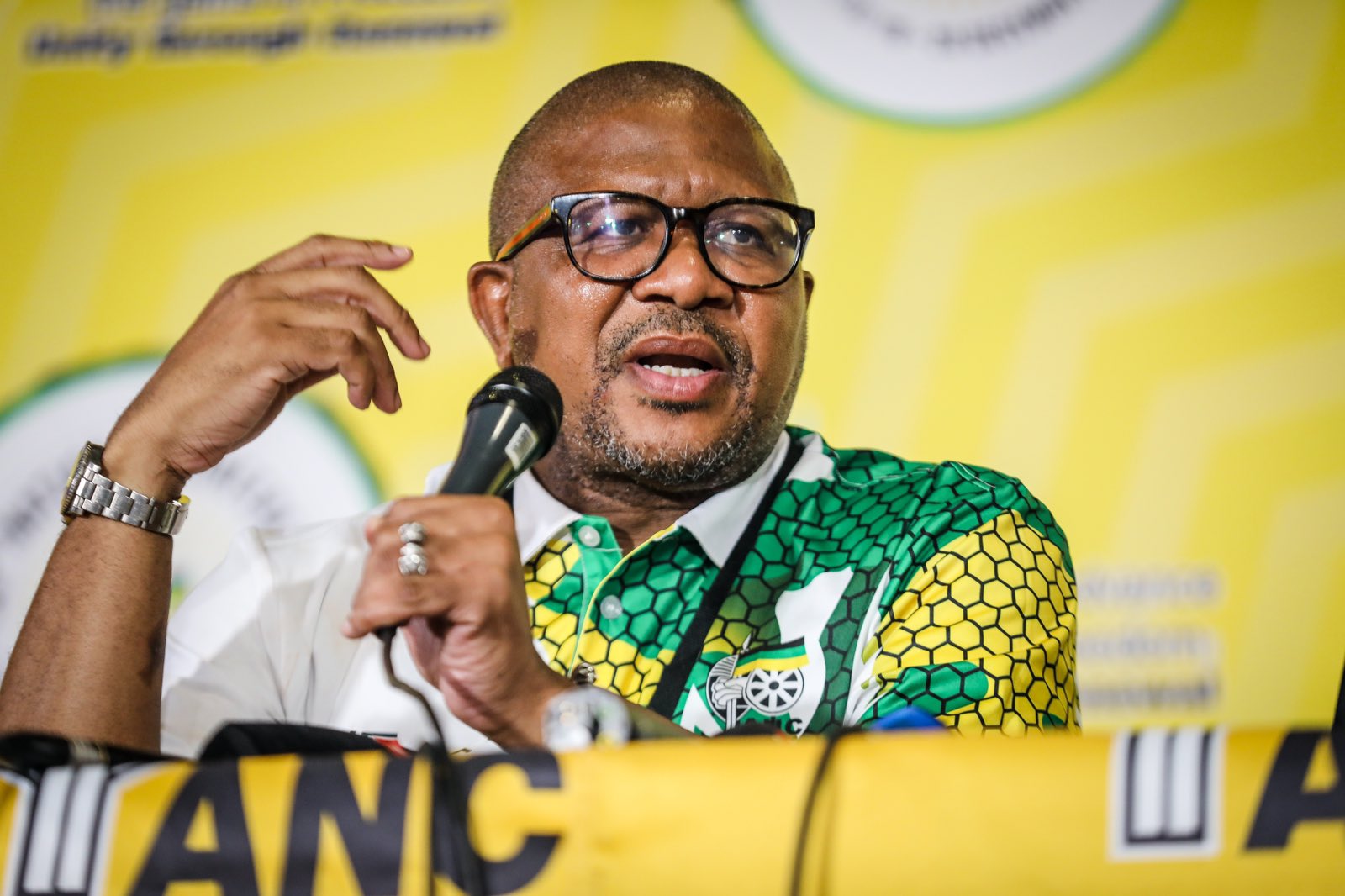
Same speech, different day
When Fikile Mbalula faced the media this week, he stood defiant, armed with the language of revolution and renewal. Yet the more he spoke, the more it felt like déjà vu. South Africans have heard it all before: promises of reform, dialogue, and organisational revival. It is the same speech given time and time again, a political Groundhog Day.
For years, the ANC has fallen back on this mantra of “renewal.” Once it was inspiring; now it sounds stale. Mbalula’s fiery defence of the party may still get applause from die-hard supporters, but the electorate at large is no longer moved. In fact, many openly mock the recycled rhetoric online, saying the ANC talks about fixing itself more than it fixes the country.
Pandor breaks ranks
The strain within the party was laid bare when veteran ANC leader Naledi Pandor, a former International Relations Minister, criticised the ANC’s public reputation. Speaking at a memorial for Gertrude Shope, she warned that South Africans view the party with shame and disdain.
Instead of dismissing her, Mbalula claimed she was “correct” and needed no discipline. That admission raises an awkward question: if the ANC agrees with Pandor, why has it failed to correct itself over decades of decline? For many observers, the answer is simple. Renewal is less about change and more about survival.
The old guard vs the young lions
This tension between old and new is not new in the ANC. Young leaders have long called for generational change, but the party’s veterans continue to resist. That refusal to hand over the reins has left younger members frustrated, sidelined, and disengaged. It has also slowed the ANC’s ability to adapt to an electorate that is increasingly younger, urbanised, and far less forgiving of past glories.
Legacy and lost trust
The ANC’s legacy is complicated. It can rightfully claim credit for historic achievements: spearheading Black economic empowerment, expanding social grants, and providing mass housing. It also stood up to global superpowers, resisting Donald Trump’s threats and leading the case against Israel at the International Court of Justice. These were moments of courage that earned international respect.
But alongside its triumphs lies a darker record. Corruption, failed municipalities, broken service delivery, and leaders exploiting empowerment policies for personal gain have tarnished its reputation. The liberation movement that once embodied Mandela’s values has been overshadowed by scandal and greed.
A looming test in 2025
With local elections only months away, the ANC faces perhaps its toughest test yet. The wounds of its 2024 national election loss are still raw. Now it must convince voters at the local level, where anger over broken infrastructure and corruption runs deepest. Communities no longer believe in promises of a “new dawn.” They want working taps, functioning lights, and honest councillors.
The ANC can no longer count on the unshakable loyalty of an older generation tied to the liberation struggle. The younger electorate, with no memory of Madiba’s sacrifices, sees only a failing state. Their rejection of the ANC is not driven by opposition parties but by the ANC’s own record.
The end of the old lion
The imagery is unavoidable: the ANC resembles an old lion, wounded but still roaring, refusing to accept its fading dominance. Once king of the political jungle, it now faces a pride of younger challengers circling its territory. It may continue to speak of renewal and revolution, but the roar no longer inspires fear.
For many South Africans, the ANC’s endless talk of renewal has lost its meaning. The question is not whether the party can reinvent itself but whether it can survive the wilderness of 2025 politics at all.
Also read: ANCYL hits out at McKenzie and Holomisa: ‘Not leadership material’
Follow Joburg ETC on Facebook, Twitter, TikT
For more News in Johannesburg, visit joburgetc.com
Source: IOL
Featured Image: X (formerly known Twitter)/@MbalulaFikile

